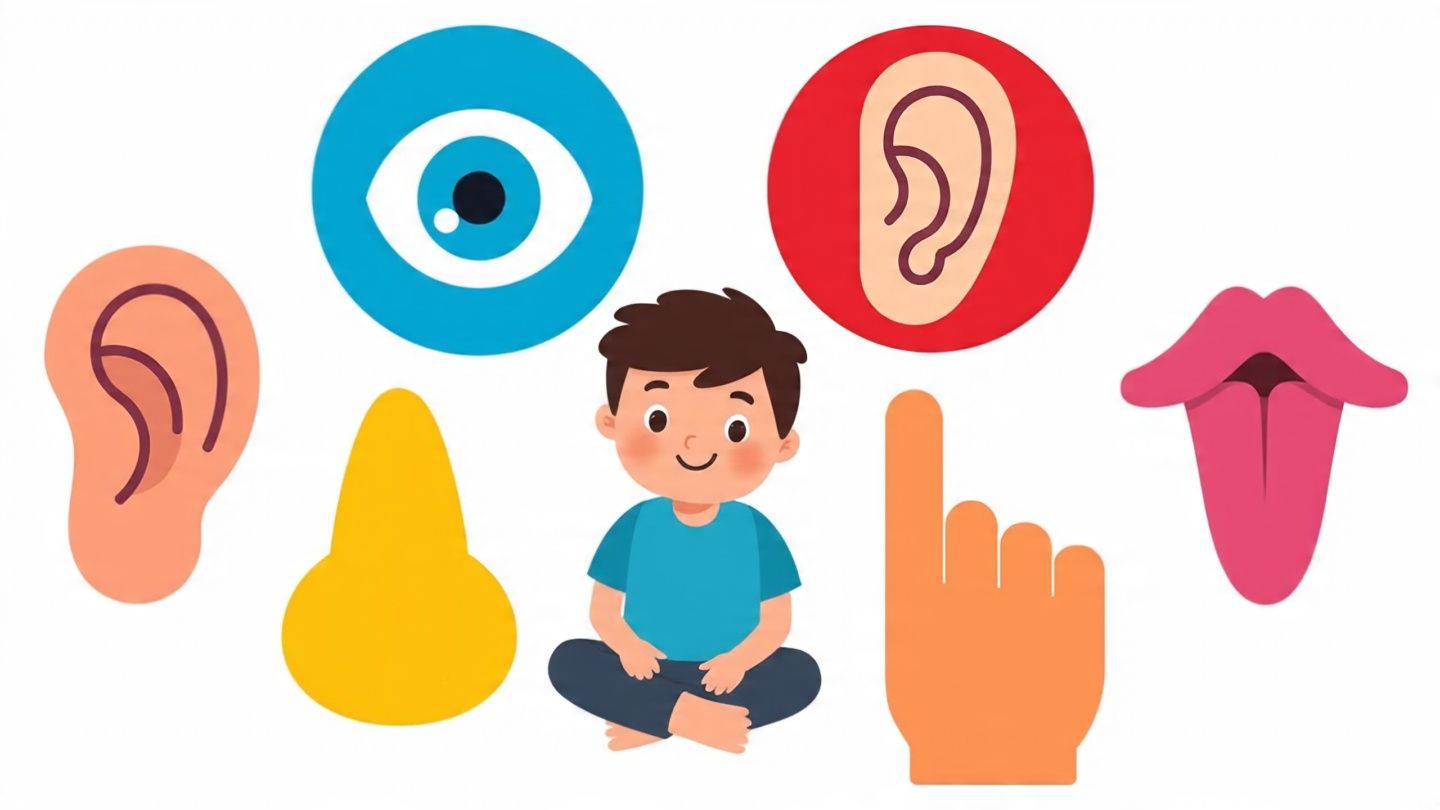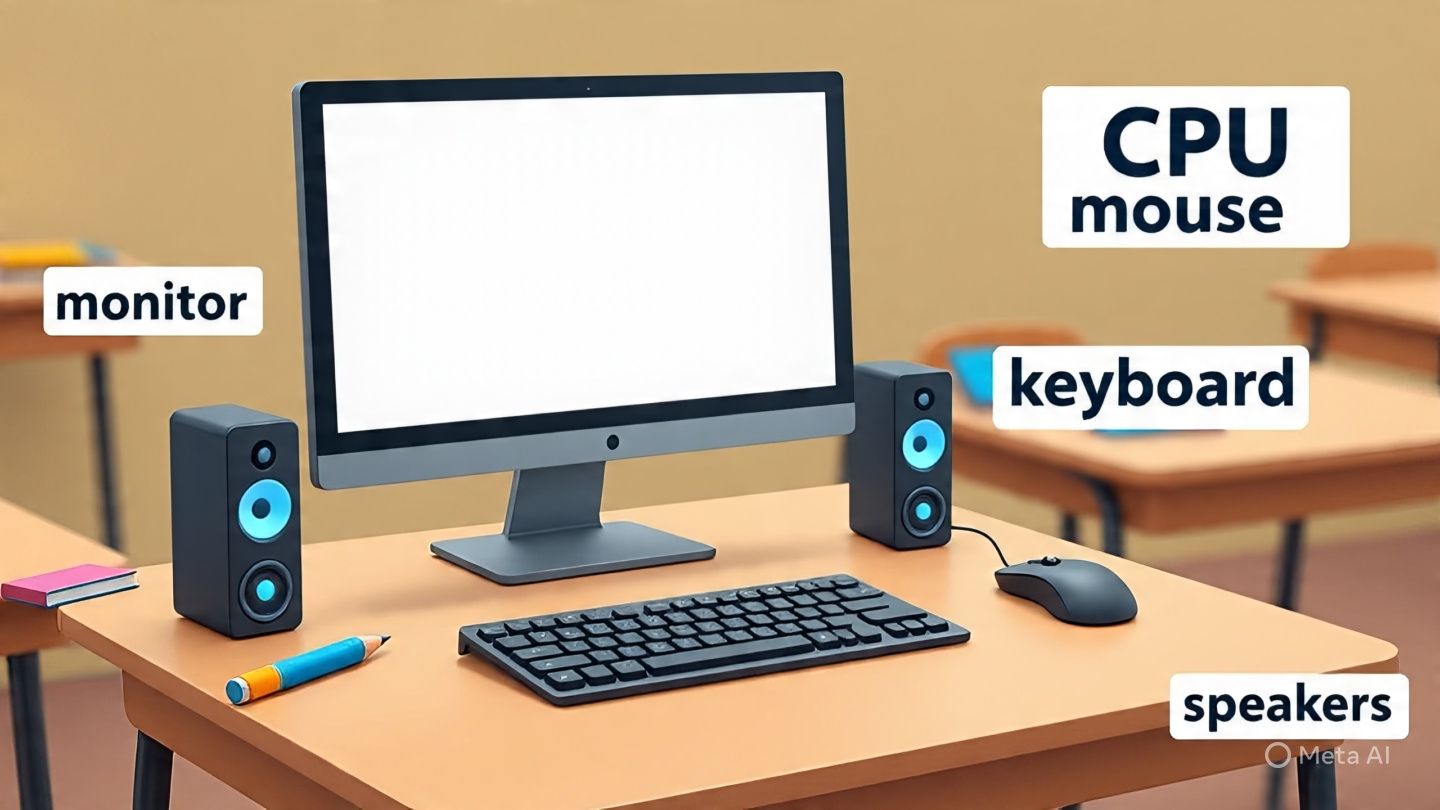How to Teach Manners to Kids
Teaching manners to children is one of the most important aspects of parenting. Good manners help kids grow into respectful, empathetic, and socially responsible adults. But instilling polite behavior isn’t just about saying ‘please’ and ‘thank you’—it’s about nurturing character and consideration for others.
Start Early with Simple Manners
Children are impressionable from a young age. Start by modeling basic manners at home. Use phrases like “please,” “thank you,” and “excuse me” in everyday conversations. Children tend to mimic what they hear and see. When parents consistently demonstrate polite behavior, kids naturally absorb it.
Make Manners a Daily Practice
Integrate manners into your child’s daily routine. For example, before meals, remind them to say “thank you” when served. During playtime, teach them to share toys and take turns. After receiving a gift or kind gesture, guide them to express gratitude.
Use Role Play and Stories
Children love stories and games. Use role play to demonstrate good manners. Act out different scenarios—like greeting a guest, asking for help, or apologizing. Storybooks that focus on manners also help reinforce polite behavior in a fun and engaging way.
Correct Gently and Consistently
When a child forgets to use polite words or behaves rudely, correct them calmly and gently. Explain why their action wasn’t polite and show them the better alternative. Repetition is key, so be consistent but patient.
Teach Empathy Alongside Manners
Manners go hand in hand with empathy. Help your child understand how their actions affect others. If they interrupt a conversation, ask, “How would you feel if someone did that to you?” Building empathy encourages thoughtful behavior.
Encourage Respect for All
Teach your child that everyone deserves respect—elders, peers, service workers, and strangers alike. Explain that using kind words, listening without interrupting, and being considerate are ways of showing respect to others.
Reinforce Positive Behavior
Praise your child when they show good manners. Positive reinforcement boosts their confidence and encourages them to repeat the behavior. You can say, “I’m proud of how politely you asked for that” or “Great job saying thank you!”
Create a Family Manners Chart
Make a colorful manners chart and hang it in your home. Include goals like “Say please and thank you,” “Cover your mouth when you sneeze,” and “Don’t interrupt.” Give small stars or rewards for each good behavior ticked off during the week.
Be a Role Model
Children learn best by example. If they see parents treating others with kindness and respect, they are more likely to follow suit. Say “thank you” to your partner, hold the door for someone, or greet neighbors with a smile. These small acts go a long way in shaping your child’s manners.
Use Media and Videos
There are many age-appropriate videos and songs that teach manners in a fun, musical way. Watch them together and discuss what the characters did right or wrong. This makes learning interactive and memorable.
Address Table Manners
Family meals are a great opportunity to teach table manners. Instruct your child to sit properly, chew with their mouth closed, and not interrupt while others are talking. Make mealtime pleasant and positive while gently correcting bad habits.
Handle Mistakes with Love
Kids will occasionally forget or test limits. Don’t scold or shame them. Instead, use these moments as teaching opportunities. A loving explanation helps more than punishment when building lifelong polite behavior.
Be Patient—Manners Take Time
Developing good manners is a gradual process. Some kids pick them up quickly, while others may need reminders. Keep encouraging, modeling, and praising them. Over time, these lessons will become a natural part of your child’s personality.
Conclusion
Good manners open doors to better friendships, academic success, and positive interactions throughout life. By teaching manners early and reinforcing them consistently, you equip your child with skills that will benefit them forever. Start small, stay positive, and lead by example—and you’ll raise a kind, respectful child.




Leave a Reply